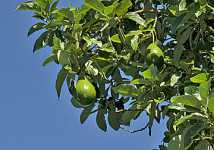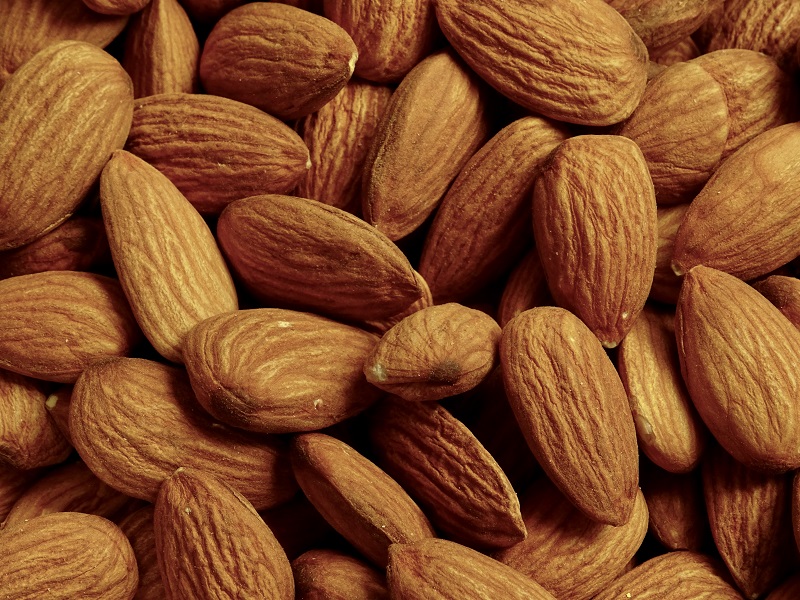South Florida Avocado Growers On Alert

The Florida Department of Agriculture and Consumer Services (FDACS) and UF/IFAS have confirmed the presence of laurel wilt on an avocado tree in a commercial block in the northern tier of the Miami-Dade County avocado production area. Laurel wilt is a destructive disease transmitted by the redbay ambrosia beetle into trees in the laurel family (Lauraceae) including redbay, swamp bay and the economically important avocado.
“The find of laurel wilt in a commercial avocado grove is a major concern,” said Agriculture Commissioner Adam Putnam. “Unaddressed, the disease can spread quickly, threatening the health of South Florida’s commercial avocado industry. We’re working with our partners and the industry to diagnose other trees in proximity to the finding and mitigate the spread of the disease.”
Laurel wilt can spread to other trees in the surrounding area by its vector, the redbay ambrosia beetle. While this pest/disease complex threatens the health of avocado trees, it does not affect the quality or wholesomeness of avocado fruit, which remains an excellent Fresh from Florida product.
The department is working closely with federal agriculture officials, UF/IFAS and the industry to determine best management practices to mitigate the impact of the redbay ambrosia beetle/laurel wilt complex.
Florida Agriculture Statistics reports the avocado industry represents nearly $13 million to the local economy, with more than 6,773 production acres in Miami-Dade County and some acreage in Collier County.
The public can help prevent the spread of laurel wilt and the redbay ambrosia beetle by following these recommendations:
- Become familiar with the signs of laurel wilt disease and redbay ambrosia beetle and be on the lookout for evidence of the pest/disease on your trees.
- Use local firewood only. Do not transport firewood from other parts of Florida or other states because destructive pests and diseases such as redbay ambrosia beetle and laurel wilt can hitchhike into Florida on infested firewood.
- Do not transport host trees (redbay, swamp bay, avocado, sassafras, pondspice, pondberry and others in the Lauraceae family) unless purchased from a registered nursery.
- Use UF/IFAS-recommended methods to dispose of Lauraceae-family trees, if necessary.
Individuals who suspect their trees may be infected with laurel wilt or believe they have found redbay ambrosia beetles should contact the department at 888-397-1517.
Since the arrival of the beetle in the U.S. in 2002 and the detection of the disease in 2004, laurel wilt has spread quickly throughout the southeastern U.S., destroying high numbers of bay trees. The disease has also infected a considerable number of residential avocado trees, primarily in North Florida.
In March 2010, plant inspectors found the redbay ambrosia beetle during routine trapping efforts in Miami-Dade County and, in February 2011, the presence of laurel wilt disease was confirmed in swamp bay trees in Miami-Dade County. Since these finds, extensive surveys were conducted including an aerial survey and enhanced trapping near the avocado production area.
In response to the risks associated with laurel wilt disease, the department formed a working group of representatives from industry and agriculture agencies to review and chart an effective management strategy to mitigate the potential impact on Florida’s avocado industry. Promising research projects are under way and considerable outreach is taking place to keep industry updated and the public informed. As part of this group, UF/IFAS has developed recommendations for disease treatment and management, which are subject to change as research results progress and new information comes to light.
If you would like to submit a plant or insect sample, visit http://www.freshfromflorida.com/pi/enpp/pathology/laurel_wilt_disease.html for sample submission instructions.
Click here for more information and to view a video on laurel wilt disease.









